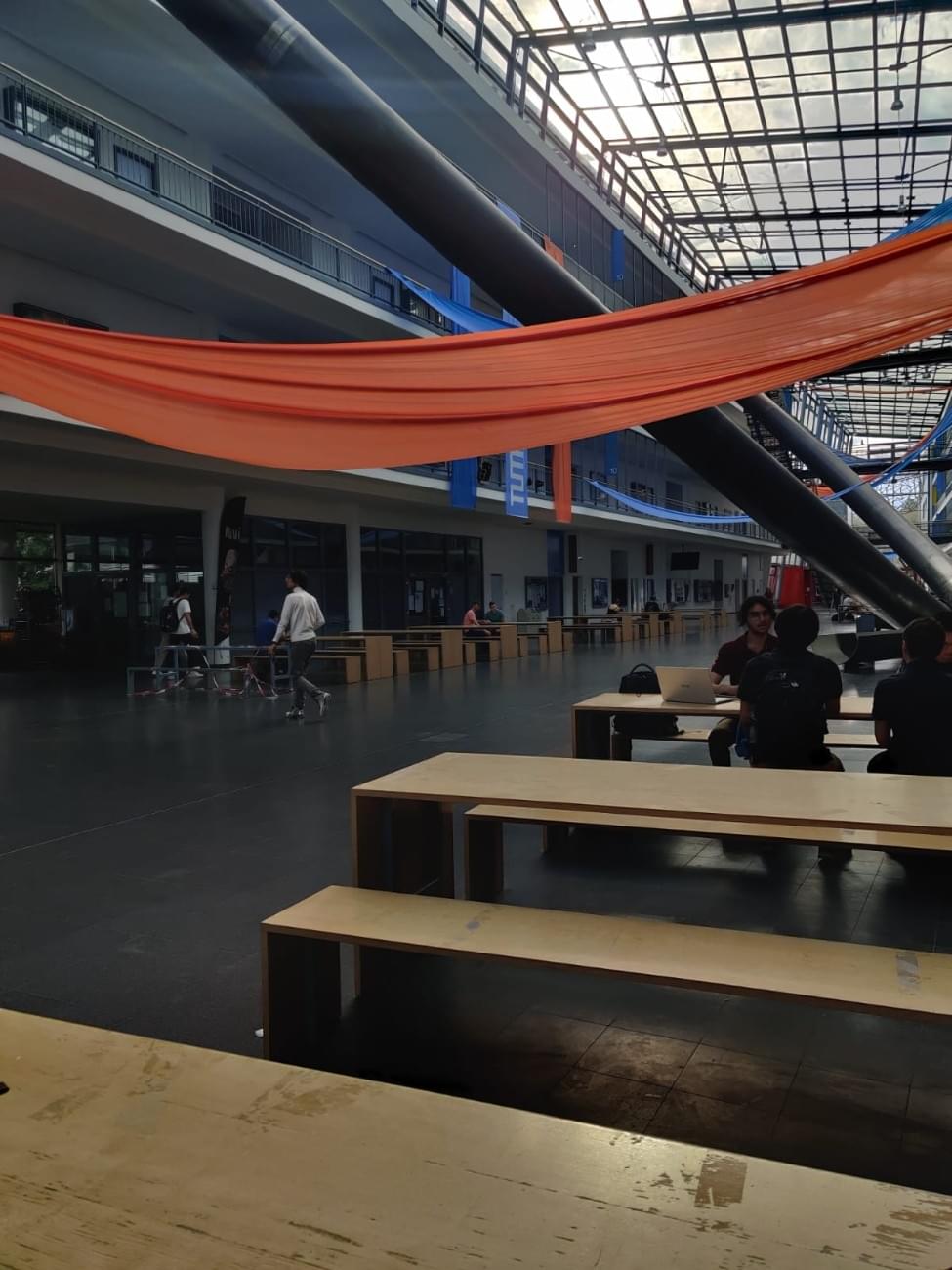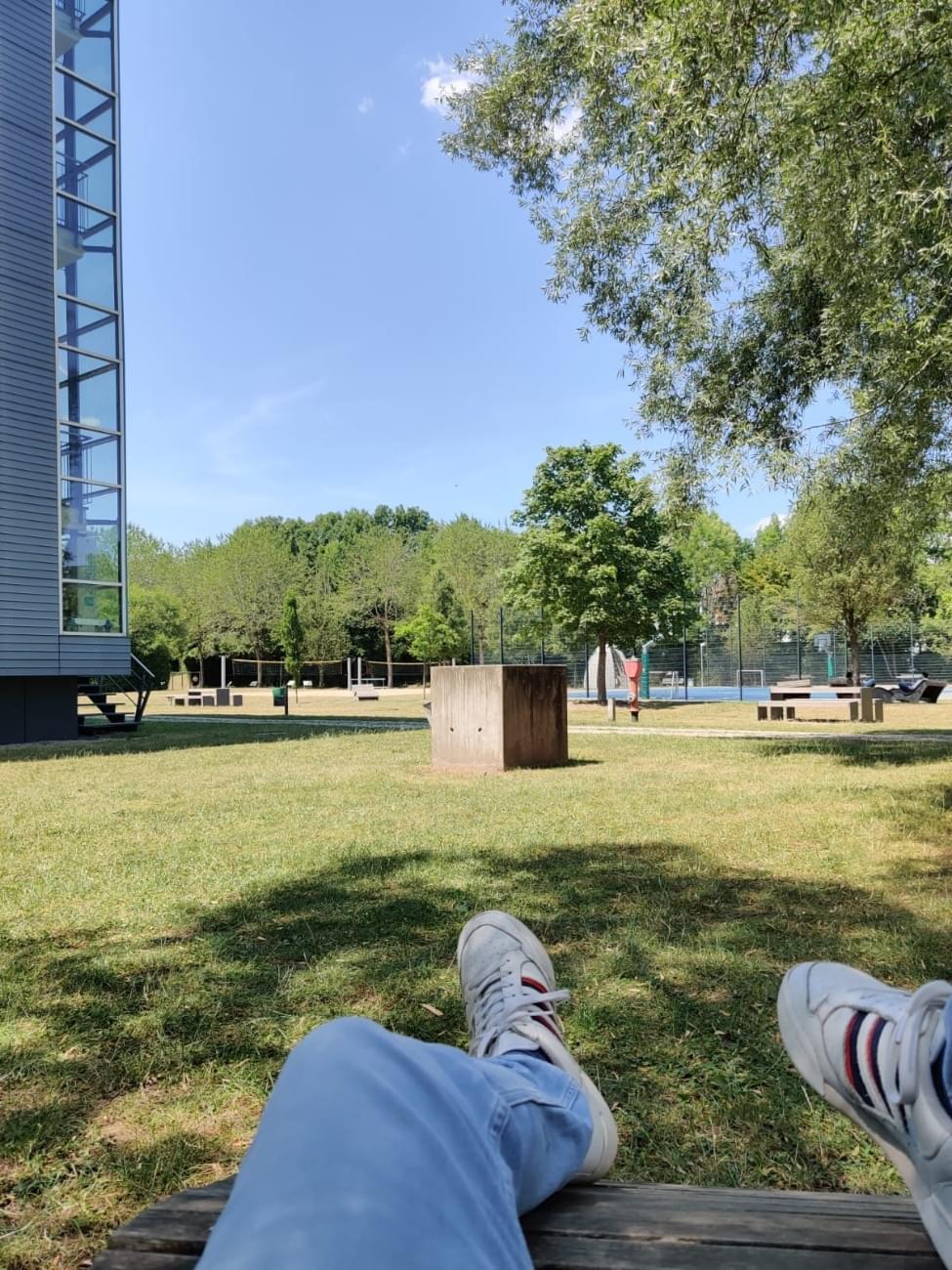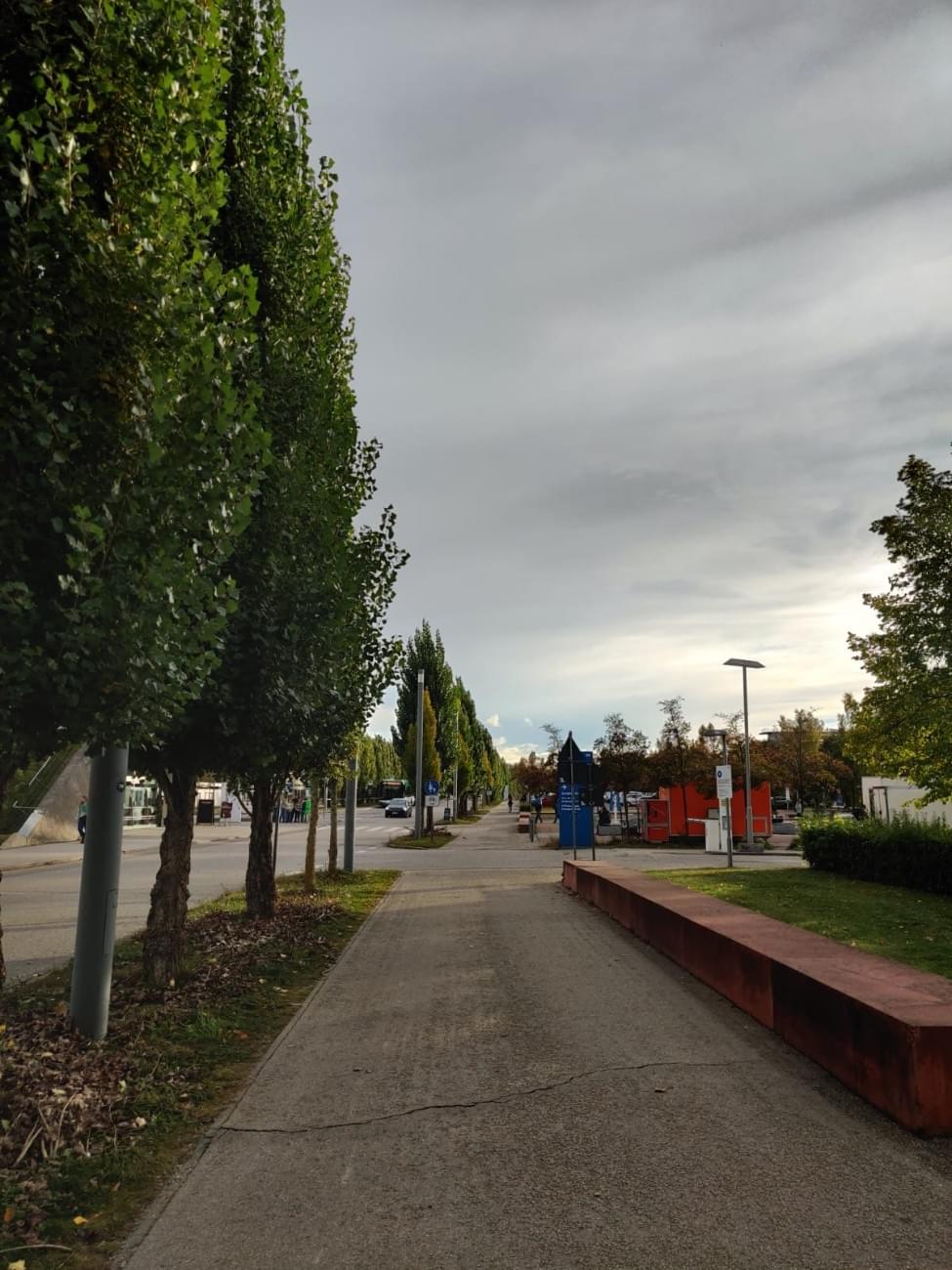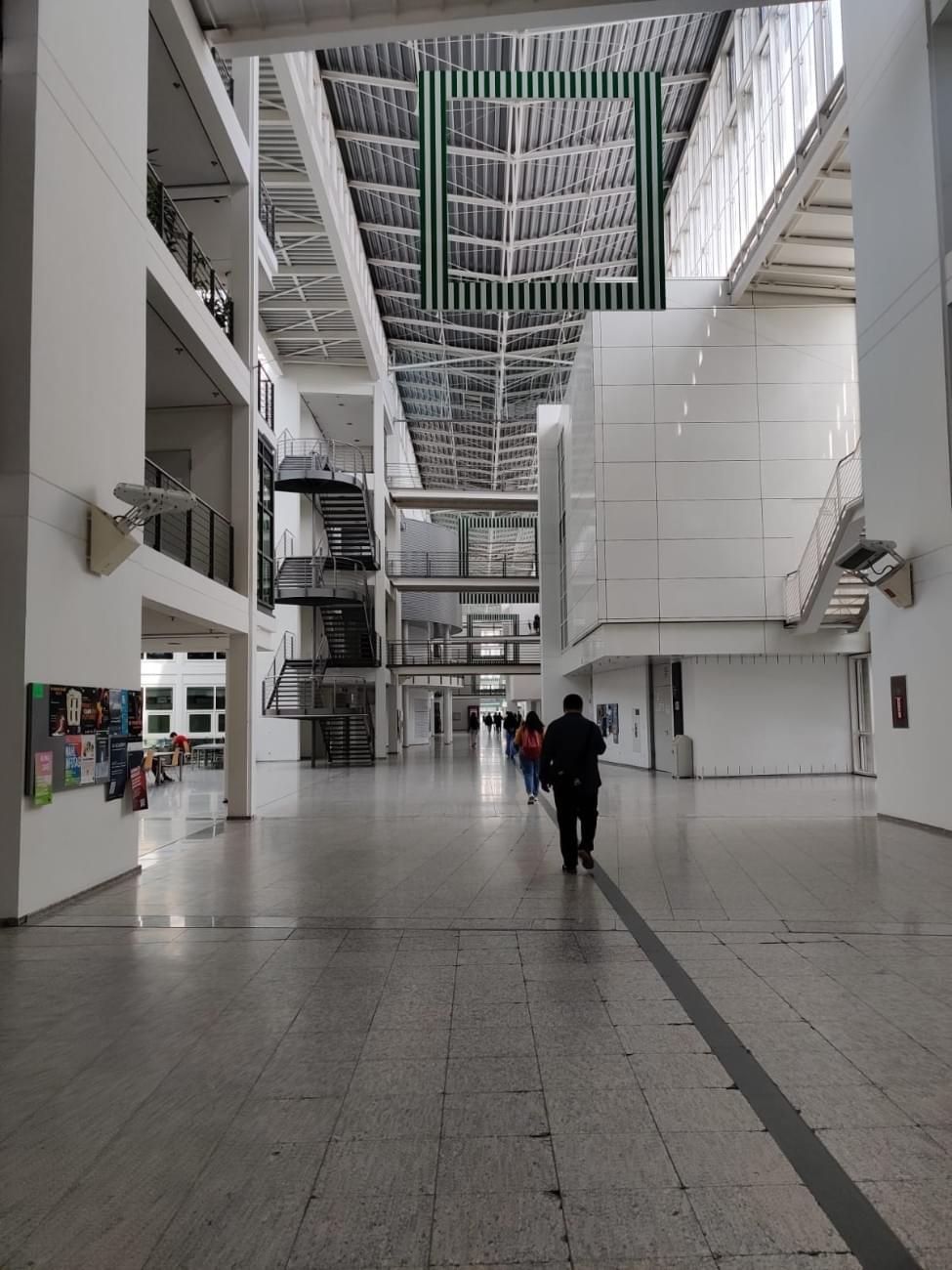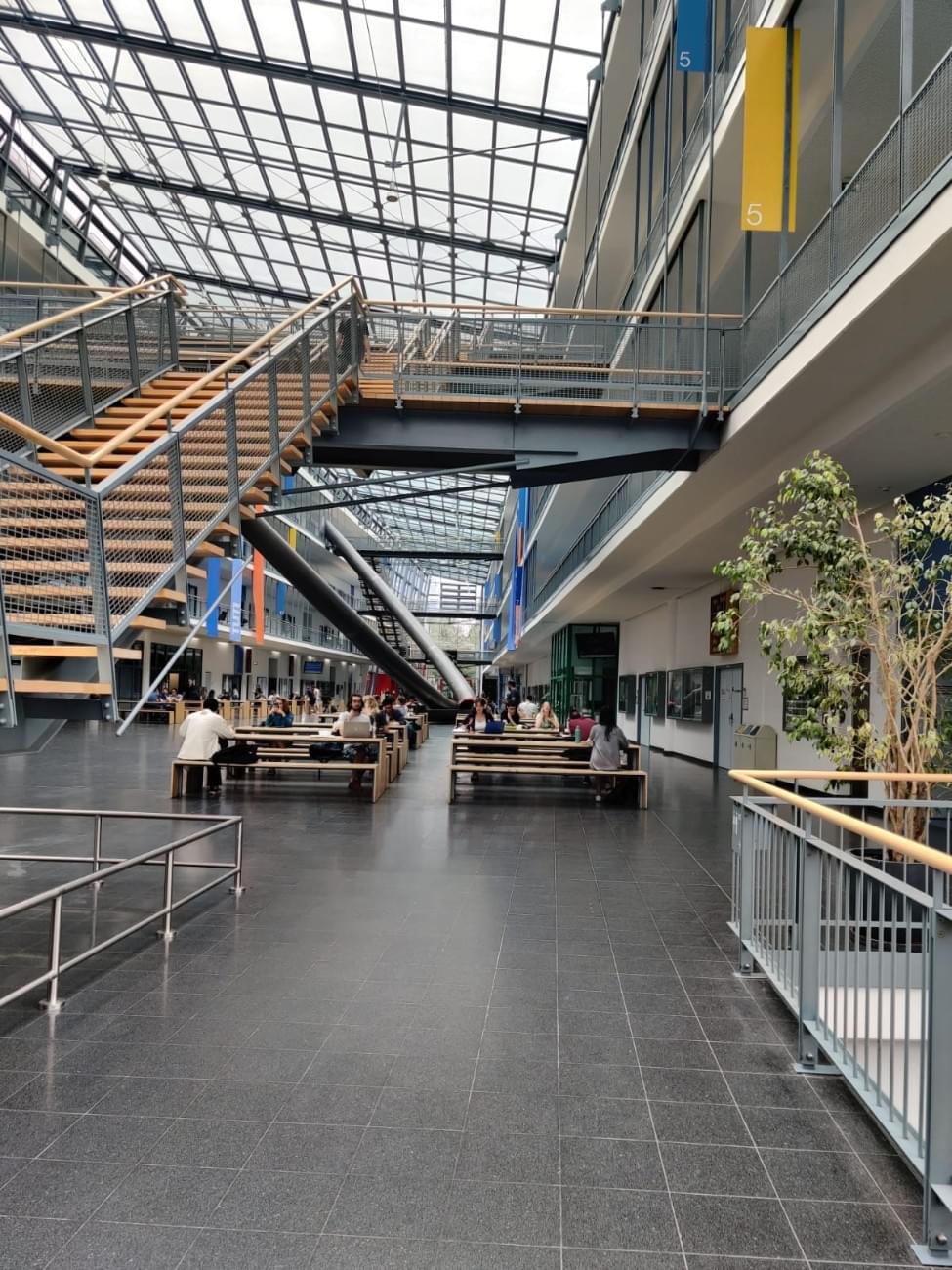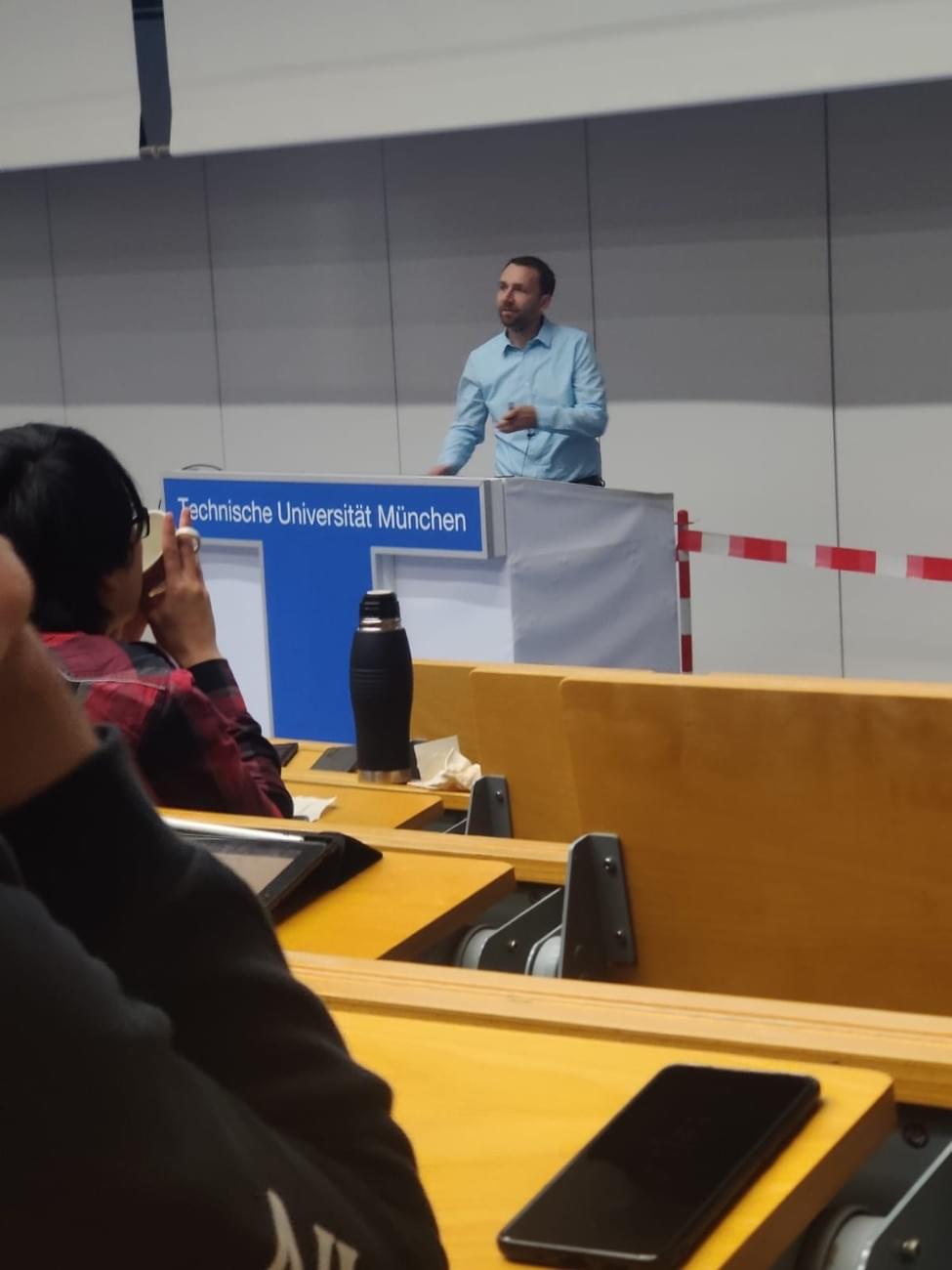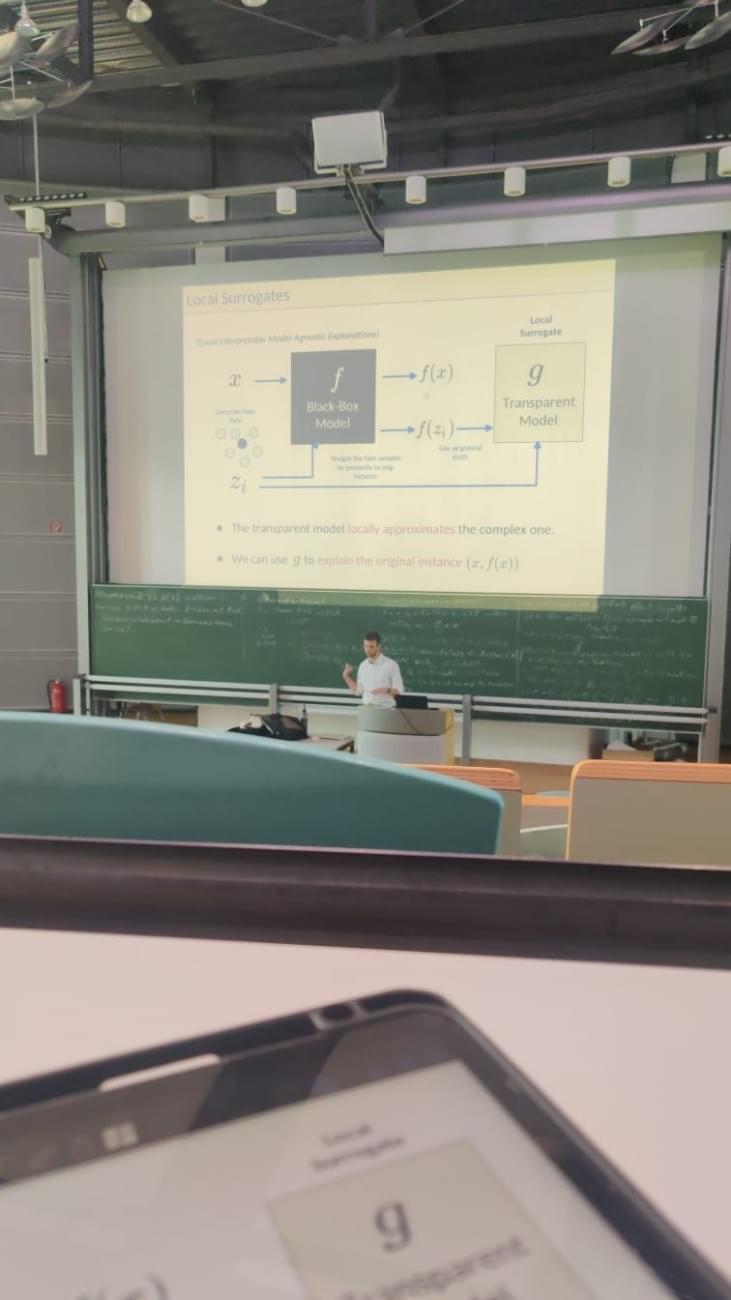What Students Say
Likes
- World class education - the way the courses are structured and the way the lectures are delivered with dedicated classes for practicals, numericals, and general Q&A, really hammers home the subject in the student's mind. Along with this, just the
- Quality of Research - The university offers its student limitless opportunity to conduct research in their fields of interest. There are numerous chairs that do research in almost anything a person might be interested in a particular filed. The university also has a lot of resources, and tie ups with top companies that allow students to have ample research opportunities.
- Attitude of Professors - Professors are extremely passionate about what they are teaching and this enables students to understand the course better. They are also top of the field so I was many times studying from the people that know the most in the particular field, many times learning about topics that the professor themselves formulated.
Dislikes
- The German Education system - while it hammers home subjects very properly in you and makes you understand your subjects, the system is quite difficult if you are the kind of person who studies days or even weeks before the exam. All of the courses I took just had one exam, and while there were assignments, for their marks to be included we needed to have cleared the main exam. Unlike unis in the US, the final exam is the only exam which can determine if a person passes or not, which just outs excess pressure.
- Housing - the main issue with TUM is that you are not guaranteed a housing in a dorm. You need to find your own accommodation for the first couple of semesters. This creates added stress during the first couple of weeks of landing in Munich.
- Apathy of the Professors : While being world class and good people in general, due to the sheer volume of students the professors might not be able to give attention to students. Our ML course had 1000+ students and the professor is one of the best people in the world ML and DA, but there is no way he could've given his attention to everyone. There are tutorials but it still falls on the student to study by themselves.
Course Curriculum
-
The course was very difficult; however, it also depends on what kind of subjects one takes. I took very math-heavy courses and so it was quite difficult for me.
- Positive - I know my subject very well because we are expected to know the subject in depth to be able to pass the exams.
- Negatives - Due to this pressure, it increases stress in the students, especially those who are looking to finish university quickly.
- Again, it depends on the students and how much the students take. There might be overlaps depending on the course a student takes. Courses are scheduled from 8am to 5pm.
- Difficult to say the average, as I have had classes with only 20 people attending to one that had 1000+ people attending. I would say 50-70 students on average are present in the rather popular courses.
Admission Experience
-
I had applied to 7 Universities.
- Admitted: Arizona State University, Technical University of Munich, RWTH Aachen, Delft University of Technology
- Rejected: NYU, UPenn, USC
- I think I got rejected because of my CGPA. It was only 8.13 which is quite low for these Universities. I also think I did not have a clear picture of what I wanted to research. Initially I was thinking about Computer Vision, but then in university I fell in love with NLP which shows that I did not quite have my thought process ironed out when I applied.
-
I chose this university because:
- It is one of the best universities in the world, consistently ranking in the top 30 in all the top rankings. While name and rank alone do not matter, it sure is better to study in a place that the wider world respects.
- German education and Engineering is world famous, and I wanted to immerse myself in that culture of getting things done.
- The main reason why I chose TUM was because I did not need to take expensive loans just to complete my education.
- Admission Process:
- GRE: Compulsory; they checked only the Quantitative Reasoning section, requiring a minimum of 165.
- TOEFL: Accepted with a minimum of 90 in the iBT.
- Other exams: GATE was also accepted, although I did not apply through GATE.
- While this process has changed in the past years, I will highlight the process that I followed. I had to submit my exam details (GRE, TOEFL), a Motivation Letter, a detailed analysis of the course I took as part of my Bachelor's, and a scientific essay on one of the given topics. I had to submit the original transcripts (I obtained multiple from my University) to UniAssist, and they converted my scores to the German scale. I think I submitted that along with my syllabus. The challenge was that certain things had to be sent by mail, which was quite a hassle and was a bit expensive, as I had to opt for fast delivery.
- I applied to the 2022 intake. I always wanted to pursue my master's, and it seemed like the right time to do so, as I had some money saved up and also had 3 years of work experience.
- I had given my TOEFL and GRE in November 2020, while I started applying for universities in 2021. I started with the 2022 intake seriously at around August, preparing my SOPs and LORs, etc.
Faculty
- It is difficult to talk about a faculty-to-student ratio, as it varies widely from class to class. Since one can go through university without having to take a course from a particular area, this varies wildly. In general every class has a professor (sometimes more) and a number of PhD students that help the professor and sometimes teach the main course themselves.
- Professors are very passionate about what they are teaching and they give lots of emphasis on the practical and numerical. Since there are dedicated numerical and practical classes for a course, we also got very good exposure to the actual course rather than just the bookish knowledge.
- Faculty do assist students, although it all depends on whether the student can approach the professor. Professors are extremely busy and mostly can't make dedicated time for students, although they do give whatever time they can gracefully.
- I really admire Prof. Groh. He is the reason why I really like NLP and am now working as a senior ML Engineer focusing on NLP. His teaching style is unorthodox but very interesting.
Campus Life
-
TUM has 6 campuses across Germany and Singapore. These are :
- Munich City Campus - Maxvorstadt, central Munich
- Garching Research Campus - Garching
- Weihenstephan Campus - Freising
- Straubing Campus - Straubing, Lower Bavaria
- Heilbronn Campus - Heilbronn, Baden-Württemberg
- TUM Asia - Singapore
- Our campus has a gym, every department has its own library, and there are dedicated buildings for medical facilities.
- While there are many festivals, especially during the summer, I did not partake in most of them, as I was too busy with my studies.
- There are sports clubs; some of my friends were part of the chess clubs, and there are lots of facilities to play any and all kinds of sports. Every student is entitled to a €10 per semester subscription for the facilities developed during the 1972 Olympics. There are other student-led organisations, but I was never active in them
Part Time Jobs
- There are students who go into TA positions, especially for guiding bachelor's students. Usually the base rate is €13 per hour if I remember correctly. We were allowed to work 20 hrs/week, and we could legally work for any organization with a contract. I for example, worked for Accenture for 6 months and then later joined an early-stage startup as their first engineer. It is moderately difficult to get a part-time job, though one can always opt for jobs like working in a Cafe etc.
- I am not sure about the averages, especially of Indian students but it was decent enough - enough to survive in Munich, which is an expensive city. It is quite a task to manage a job and studying, but it isn't impossible. We had the option to reduce our workload both in uni and at work. I applied through linkedIn and got my first Job. My second job I got because the startup was incubated by the university and we had to complete a mandatory Internship like course, which then converted to a working student position.
Placement
- I am not sure about these numbers, as I returned to India after my master's. Average salary range is usually >50k and <100k for a starting position, as I have seen, somewhere around 60k. Students have to search for a job themselves, usually through job fairs, online, etc.
- There is no such thing as placements in European universities; however, the university organizes job fairs that one can use to network and obtain jobs. All companies, from ESA to Google to Meta to new startups, hire from our university, as it is one of the best universities in the world.
Accommodation
- It is extremely difficult to find affordable accommodation in Munich. There are dorm available but it usually takes at least 2 semesters to get a chance to stay there. Even then, you are only given accommodation for a set number of semesters. The housing market in Munich is quite broken, where it is difficult to even get ads about affordable housing, especially for students. There are other private dorms, but since the university dorms get filled up so quickly, they too are in high demand.
- My monthly rent was €600 which included the rent for a single furnished room, a washer and dryer, water, electricity, heating and high-speed internet. I shared the flat with another person.
- There were numerous challenges I faced while trying to find accommodation. Firstly, they expect you to be present for the house viewing, which becomes difficult when you are not there and you would need to ask other people to view the flat for you. Other than that, once the ad for a room is posted, it is booked within the first 5 mins of posting, so I had to constantly be online to find a place. It was just the worst experience of my stay in Munich. My recommendation would be to start early, preferably months in advance.
- My accommodation was quite close to the university, and was easily accessible via public transport. Indian students lived all across the city; there isn't a specific Indian block in Munich.
Exams
-
Exams required:
- Either TOEFL or IELTS or other English Proficiency exams.
- Either GRE or GATE qualified. I am not sure about Bachelor's admission.
- Documents necessary
- Statement of Purpose, CV, Mailed Transcripts and attested Degree certificate from University, Proof of English Proficiency, Syllabus, Detailed report on subjects taken at Bachelor's, Scientific essay on provided topic.
- TUM grades your application on a scale of 1-100; for anyone scoring above and equal to 70, they get direct admission, for those scoring between 50 and 69 there is a interview and those scoring below 50 are rejected. I had a score >70 so did not need to give any interviews.
Fees
- We did not have fees. We had a student contribution worth less than €120 a semester. This was mainly for the students union.
- The contribution was charged before the starting of every semester.
- My monthly expenses were around €900 which is around Rs.80-90k. A major chunk of this was for my rent, which is quite expensive in Munich. Other than that, most of my expenses went towards groceries and food in general. We could buy a €29 countrywide ticket, which allowed us to travel on any public transport throughout the country (except "bullet" trains).
Scholarship
- I am not sure if there is any scholarship particularly for my course, but there are plenty for education in general. I know of the Deutschlandstipendium that one of my friends got, which paid him €300 a month.
- This was awarded to students that have a history of public service and volunteering work and involved the student helping out in programs such as blood donation drives. Other than this, I am not sure about any other scholarships and I did not have to pay any tuition fees and I had a job before even completing one year at Munich.


